Endometriosis Diagnosis and Treatment
At the University of Chicago Medicine, you’ll receive the gold standard in endometriosis care.
With several locations in the city and the suburbs, we make expert care available to you throughout Chicagoland.
Schedule your appointment today
Diagnosing Endometriosis
Pelvic Imaging and Evaluation
- Transabdominal and transvaginal ultrasound
- Augmented pelvic ultrasound (APU), real-time diagnostic ultrasound for endometriosis
- Pelvic and abdominal MRI
Augmented Pelvic Ultrasound (APU) for Endometriosis
What is augmented pelvic ultrasound?
Augmented pelvic ultrasound (APU) is an advanced type of transvaginal ultrasound. Our experts use APU to help detect deep, superficial and ovarian endometriosis and scar tissue in the pelvis. These conditions can often be missed when using standard imaging.
With APU, our experienced team uses gentle dynamic movements to check how your organs move and find signs of endometriosis. APU is a minimally invasive, cost-effective alternative to MRI used for quick, accurate diagnosis.
Key Benefits
- Earlier and more accurate detection of complex disease
- Personalized treatment recommendations
- Guided surgical planning
Who should consider APU?
You may benefit from APU if you experience:
- Chronic pelvic pain
- Painful periods (dysmenorrhea)
- Pain during intercourse (dyspareunia)
- Infertility
- Unexplained bladder/bowel symptoms
What to Expect
- 20- to 25-minute scan, with dynamic maneuvers adding only a few minutes
- No special preparation or fasting
- Safe, comfortable and radiation-free
Who interprets my results at UChicago Medicine?
At UChicago Medicine, your pelvic imaging will be reviewed by one of our physicians who specializes in diagnosing endometriosis. These targeted images help enhance the accuracy of a diagnosis, including the detection of endometrial cysts on the ovary (endometriomas).
Ready to get answers?
Whether you’re in Hyde Park, Downtown Chicago, or the northern, western or southern suburbs, there’s a UChicago Medicine endometriosis specialist near you.
Schedule your appointment today
Endometriosis Treatment Options in the Greater Chicago Area
Managing endometriosis is a highly individualized process. Our experts customize your treatment plan to relieve your most troubling symptoms. We work with you to support your goals for your health and fertility.
At UChicago Medicine, we serve patients from across Chicagoland. Our endometriosis care team brings together specialists in gynecology, minimally invasive surgery, fertility and pain management to deliver the most advanced, patient-centered treatments in the region.
Why choose UChicago Medicine for endometriosis treatment?
- Chicago’s top gynecologists, surgeons, and reproductive endocrinologists collaborate to develop your personalized plan.
- We base your treatment on your symptoms, fertility goals, and lifestyle.
- Our Chicagoland locations make expert care accessible, whether you’re from the city, the suburbs or elsewhere in the Midwest.
Pain Management: From Pain Relief to Advanced Care for Chronic Pain
For mild or moderate endometriosis pain, over-the-counter medications — such as acetaminophen, ibuprofen, or naproxen — may offer initial relief. When pain becomes severe or constant, our UChicago Medicine pain management team provides a holistic approach, including:
- Pain medicine specialists and physical therapists using proven, specialized strategies
- Behavioral support and integrative treatments through our Pain Medicine Clinic
If chronic pain prevents you from living fully, we’ll find solutions that fit your needs.
Hormone Therapy: Suppress Symptoms and Support Your Health Goals
Hormone therapy remains one of the most effective strategies to manage menstrual pain and help reduce endometrial growths.
Treatments include:
- Combination estrogen-progesterone (oral contraceptives, patches)
- Progestin-only therapies (oral, injection, or intrauterine device)
- Advanced medications to further suppress estrogen in severe cases
At UChicago Medicine, our endometriosis specialists work with you to choose the best approach for you, considering your family building goals and long-term health.
Minimally Invasive Surgery: Precision Treatment for Lasting Relief
We may recommend surgery when:
- Symptoms continue even with medication or hormone therapy
- Your lesions are deep or widespread
- You have ovarian implants, which can make it difficult to get pregnant
Our surgeons are among the best in Chicagoland. We specialize in laparoscopic and robotic surgery to remove or destroy endometrial implants with less pain and shorter recovery. In some cases, we may advise hysterectomy. In most cases, this means making tiny incisions to remove the uterus and possibly ovaries. Even if a traditional hysterectomy (using larger incisions) is the best option, your safety and recovery are always our top priorities.
Ready to reclaim your life from endometriosis?
Whether you’re in Hyde Park, Downtown Chicago, or the northern, western or southern suburbs, there’s a UChicago Medicine endometriosis specialist near you.
Schedule your appointment today
Related Topics
Meet Our Endometriosis Specialists
Schedule an appointment with a UChicago Medicine endometriosis specialist or request an online second opinion.
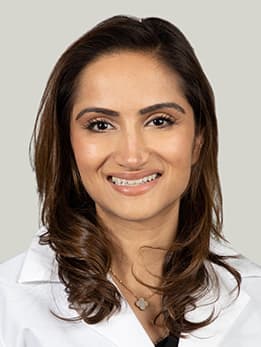
Obstetrics and Gynecology (OB/GYN)
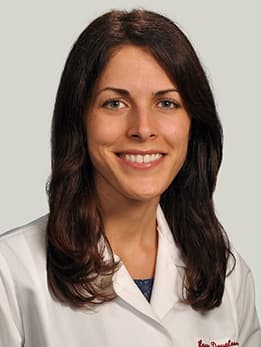
Obstetrics and Gynecology (OB/GYN)
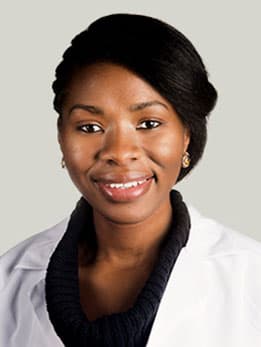
Obstetrics and Gynecology (OB/GYN)
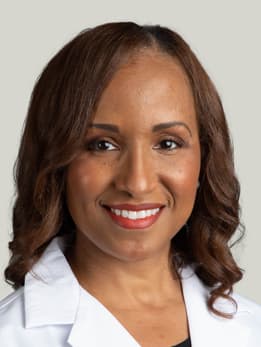
Obstetrics and Gynecology (OB/GYN)
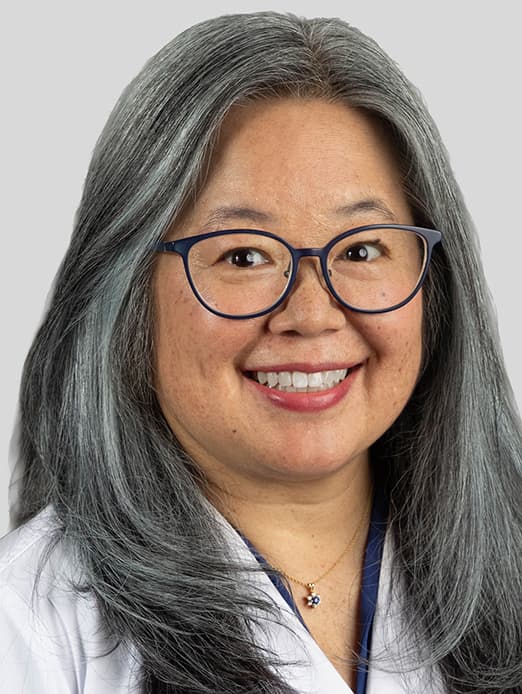
Obstetrics and Gynecology (OB/GYN)

Obstetrics and Gynecology (OB/GYN)
